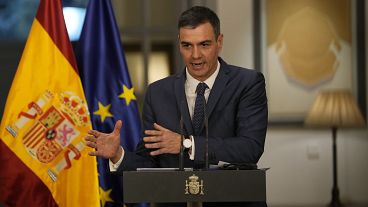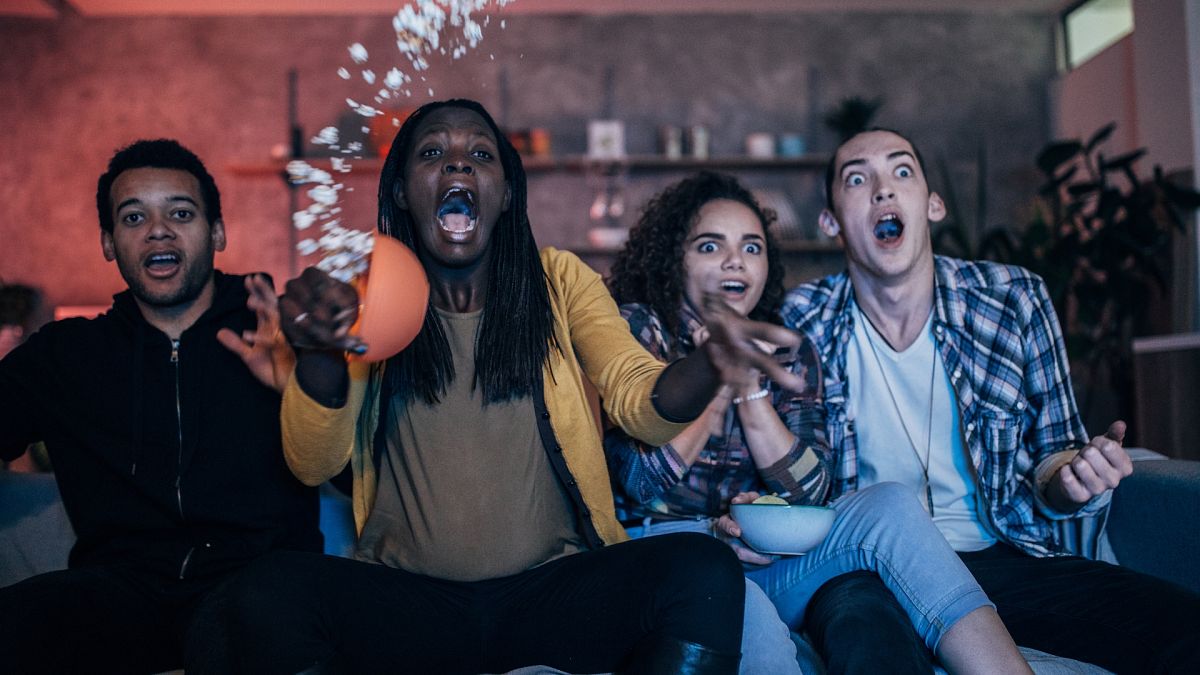Under half of Gen Z regularly watches broadcast TV, a new survey by the UK’s broadcast regulator says.
Ofcom, the UK government’s regulatory and competition authority for broadcasting and telecommunication has released its annual study on the British public’s behaviour trends when consuming TV, online video and radio.
The Media Nations report shows that the trend of Britons turning away from traditional broadcast TV continues. Broadcast TV’s weekly reach dropped from 79% in 2022 to 75% last year, the second consecutive year for a record decline.
Importantly, when broken down by age group, it’s the younger generation that has been most likely to turn away from traditional live TV. For the first time, a minority (48%) of 16-24-year-olds watched broadcast TV in an average week.
The figures are slightly higher for the under 15 category at around 55% – but given a large proportion of these children will be placed in front of the TV without choice as to what they are watching, the trend of Gen Z tuning out broadcast TV is likely to continue.
Interestingly, although broadcast viewership is declining, television sets are still the primary viewing platform for communal media entertainment. In the previous year, there was an overall increase (2%) of the time spent watching content on televisions. This was mainly accounted for by a 12% increase in viewing video-sharing platforms like YouTube and a 29% increase in broadcasters’ video-on-demand service like BBC iPlayer, ITVX, and All 4.
Subscription video-on-demand services like Netflix, Disney+ and Amazon Prime Video also saw an increase in viewership, up 6% since last year. Of these, Netflix remains the most popular, accounting for more than half the viewing time of all its competitors combined.
The clear move away from broadcast TV in the UK will be of extreme concern to the BBC, the country’s public service broadcaster. Last week, it was confirmed that around half a million people in the UK cancelled their licence fee.
The TV licence fee is an annual £169.50 (€200.91) charge paid by UK tax payers to finance the BBC’s content, including TV, radio, the BBC website, podcasts, iPlayer, and the BBC apps. It is illegal to watch or listen to any live television programmes or recorded BBC content in the UK unless you have paid the fee.
Increasingly, the licence fee has become a point of contention as the BBC’s stronghold on British media tastes is replaced by on-demand international services like Netflix, Amazon, Apple TV and YouTube.
Older Britons still largely support the BBC and its programming – currently it is the main source of Paris Olympic Games content in the UK – but the disparity between older and younger generations is consistent with Ofcom’s findings.
Public Service Broadcasters (PSBs) as a result have faced significant revenue decreases in the past year, Ofcom reports. Commercial PSBs had a revenue drop of 16%, while digital multichannel PSBs were dealt with a 10% fall.
While PSBs suffer, the industry as a whole is financially improving. Total commercial TV and online revenue increased by a sliver (0.5%) to £15.6 billion (€18.5 billion) in the UK, propped up almost entirely by a 20% increase in revenue from streaming platforms.
“Gen Z and Alpha are used to swiping and streaming, not flipping through broadcast TV channels. They crave the flexibility, immediacy and choice that on-demand services offer, spending over three hours a day watching video, but only 20 minutes of live TV. It’s no surprise that the traditional TV is fast becoming a device of choice to watch YouTube,” Ian Macrae, Ofcom’s Director of Market Intelligence, said.
“But while live TV may not have the universal pull it once did, its role in capturing those big moments that bring the nation together remains vital,” he added.
One salvo for traditional media was that radio listenership in the UK reached a two decade high. Commercial radio and BBC radio attracted the most listeners across the country in the past 20 years with 70.4% of all people tuning in at least once a week, higher than the 50% of people that tune into music streaming services like Spotify.

















